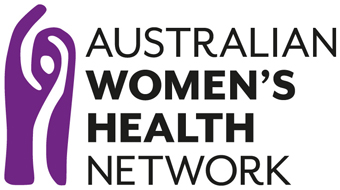Posts
Successful Strategies to Support Working Parents A RESOURCE FOR EMPLOYERS
Publisher: Australian Human Rights Commission, 2016
Status – CURRENT
While compliance with legal obligations assists business to create workplaces that support working parents, several organisations have taken this a step further by implementing innovative, leading practices that advance this goal. Supporting working parents through targeted strategies can reduce business costs related to recruitment, retraining and restructures, widen the talent pool, increase organisational productivity and performance and improve organisational reputation. The ‘Successful strategies to support working parents’ resource for employers highlights these ‘leading practices’ as opportunities that can be used to successfully support pregnant employees and working parents. It brings together strategies implemented by leading Australian employers, many of which are effective, low cost and easy to deliver.
WCHM Reports
Publisher: Women’s Centre for Health Matters
Status – CURRENT
A collection of reports published by Women’s Centre for Health Matters, ACT. Includes research and findings about Women behind bars, CALD Women, Indigenous Women, Young and Old Women, Women with disabilities etc.
PLAIN LANGUAGE SUMMARY Australian alcohol guidelines – who is a risky drinker?
Publisher: Australian Longitudinal Study on Women’s Health, 2012
Status – CURRENT
This study investigates women’s drinking behaviour over the lifespan. It presents findings based on almost 40,000 women in three age groups (18-23 years, 45-50 years and 70-75 years) who were surveyed approximately every three years between 1996 and 2012. The women answered questions about how often and how much alcohol they usually drank per week, and how often they binge drank. Four drinking behaviours were defined: i) no risk, ii) binge less than once a month, iii) binge once a month or more, iv) long-term risk (more than two drinks a day on average). The four groups were then compared.

